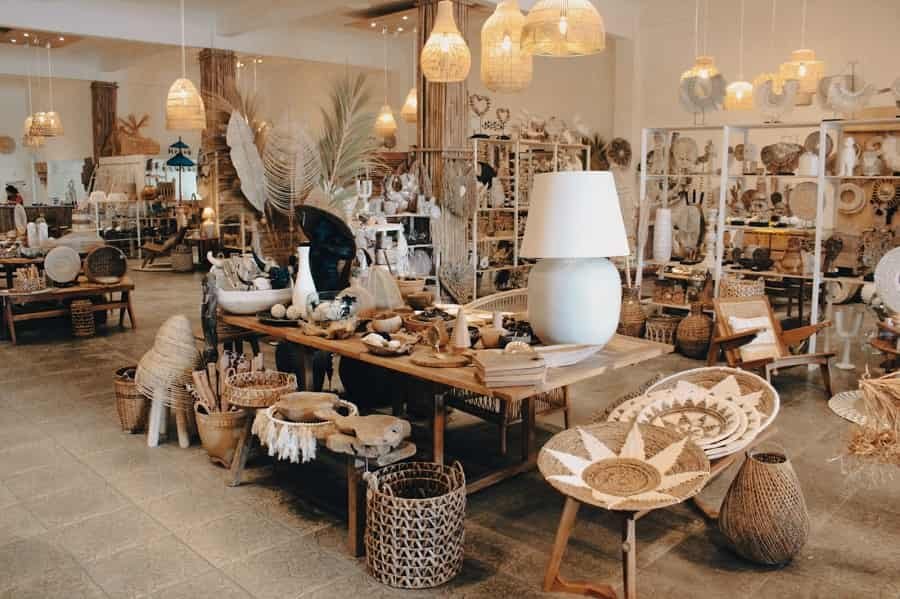Why Bali Imports Are Taking Over the Global Homewares Market

Bali Imports: A Rising Global Supplier Of Homewares
Bali has long been a hub for travellers, creatives, and spiritual seekers—but in recent years, Bali imports have become a massive trend in the global homewares and furniture markets. From hand-carved teak wood pieces to bohemian rattan and macrame decor, retailers and designers across the world are turning to Bali for authentic, handmade products that tell a story.
The Appeal of Bali Imports in Interior Design
The allure of Bali imports lies in their authenticity and artistry. Unlike mass-produced furniture found in big box stores, most Balinese homewares are made by hand, often using traditional techniques passed down through generations.
Craftsmanship That Tells a Story
Bali is renowned for its artisan communities, especially in villages like Ubud and Tegalalang. Here, skilled craftspeople produce everything from intricate wood carvings and woven baskets to hand-thrown pottery and batik textiles. These pieces bring warmth and character to any space, making them highly sought after by interior designers looking to add texture and meaning to their projects.
Why Businesses Love Bali Imports
It’s not just homeowners and designers embracing the trend—retailers and e-commerce entrepreneurs are capitalizing on Bali’s reputation for quality and aesthetic appeal.
Low Production Costs with High Markup Potential
One of the key advantages of sourcing from Bali is the cost-efficiency. Labor and materials are affordable, which allows resellers to enjoy high profit margins. A rattan chair that costs $50 in Bali can often retail for $300–$500 in Western markets.
Sustainable and Ethical Sourcing
Many Bali import businesses now focus on ethical sourcing and sustainability. Bamboo, rattan, coconut wood, and reclaimed teak are not only beautiful but environmentally friendly. Brands are also working more closely with artisans to ensure fair wages and safe working conditions, which is a growing concern for today’s socially conscious consumers.
Challenges of Importing from Bali
While the benefits are clear, it’s important to be aware of the potential challenges when working with Bali imports.
Shipping and Logistics
One of the biggest hurdles is freight and logistics. Bali is an island, and shipping bulky items like furniture can be costly and slow. Delays at ports, customs clearance, and damage during transit are all possible complications. To minimize issues, it’s essential to work with experienced freight forwarders and inspect goods before shipping.
Quality Control and Consistency
Since many products are handmade, variation is natural. However, this can pose a challenge for businesses needing consistency in product dimensions, finishes, and materials. Regular supplier communication, sample approvals, and onsite visits can help maintain quality control.
Is Bali the Right Fit for Your Business?
If you’re in retail, hospitality, or interior design, Bali imports could be a valuable addition to your offering. The products are not only beautiful and unique—they also tap into a broader consumer desire for meaningful, artisanal, and sustainable goods.
Tip: Start small. Visit Bali, build relationships with local suppliers, and test your market before making large commitments. Platforms like Bali Bya, or hiring a sourcing agent in Bali, can also streamline the process.
Conclusion
The global demand for Bali imports is more than a passing trend—it’s a movement toward authenticity, sustainability, and slow living. Whether you’re a boutique owner, interior designer, or entrepreneur, importing from Bali offers a unique opportunity to bring timeless, handcrafted beauty to your customers—while supporting the local communities that make it possible.



